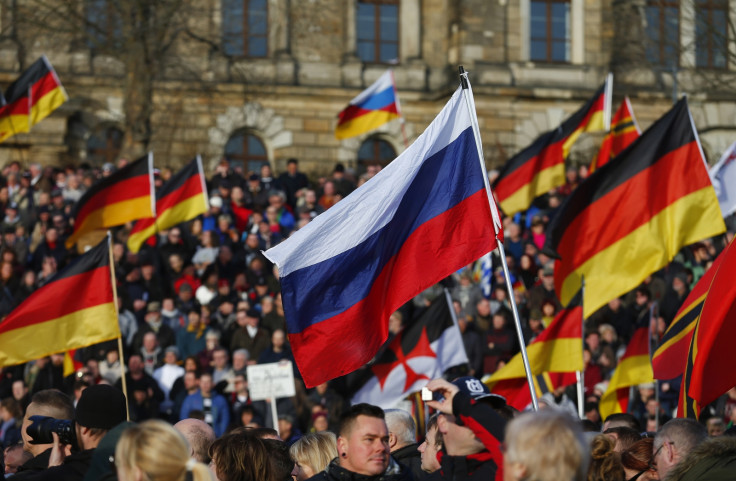Germany to set up specialist centre to combat fake news
German lawmakers have warned that fake news poses a threat to democracy.

Germany is to set up a specialist centre to combat the spread of fake news and disinformation online, according to reports.
The government is seeking to set up the specialist unit at short notice, ahead of next year's parliamentary elections, according to a report in Der Spiegel.
The Federal Press Office, which is responsible for government communications, is slated to lead the project.
In recent weeks, a roll call of politicians from Merkel's ruling CSU/CDU party have lined up to warn of the danger posed to democracy from concocted news stories and conspiracy theories disseminated on social media.
Speaking to parliament after announcing her bid for a fourth term in December, Merkel said: "Political debate is taking place in a completely new media environment. Opinions aren't formed the way they were 25 years ago.
"Today we have fake sites, bots, trolls, things that regenerate themselves, reinforcing opinions with algorithms and we have to learn to deal with them."
German intelligence chief Hans Georg Maassen has previously warned that Germany has become a target for Russian "hybrid warfare", with the Kremlin using disinformation and supporting far right organisations to undermine the country's democracy.
An official from the EU's specialist agency which counters disinformation speaking to IBTimes UK in November urged European nations to set up their own specialist centres modelled on an outfit recently established in the Czech Republic to counter Kremlin-sponsored online disinformation campaigns.
According to an interior ministry official's report quoted by Der Spiegel, Germany's Russian and Turkish immigrant communities are believed to be especially vulnerable to fake news campaigns, and "an intensification of political education work" should be carried out with those specific groups.
In the US, fake news articles were widely spread during the presidential campaign, many tailored to appeal to supporters of Republican Donald Trump.
© Copyright IBTimes 2025. All rights reserved.






















